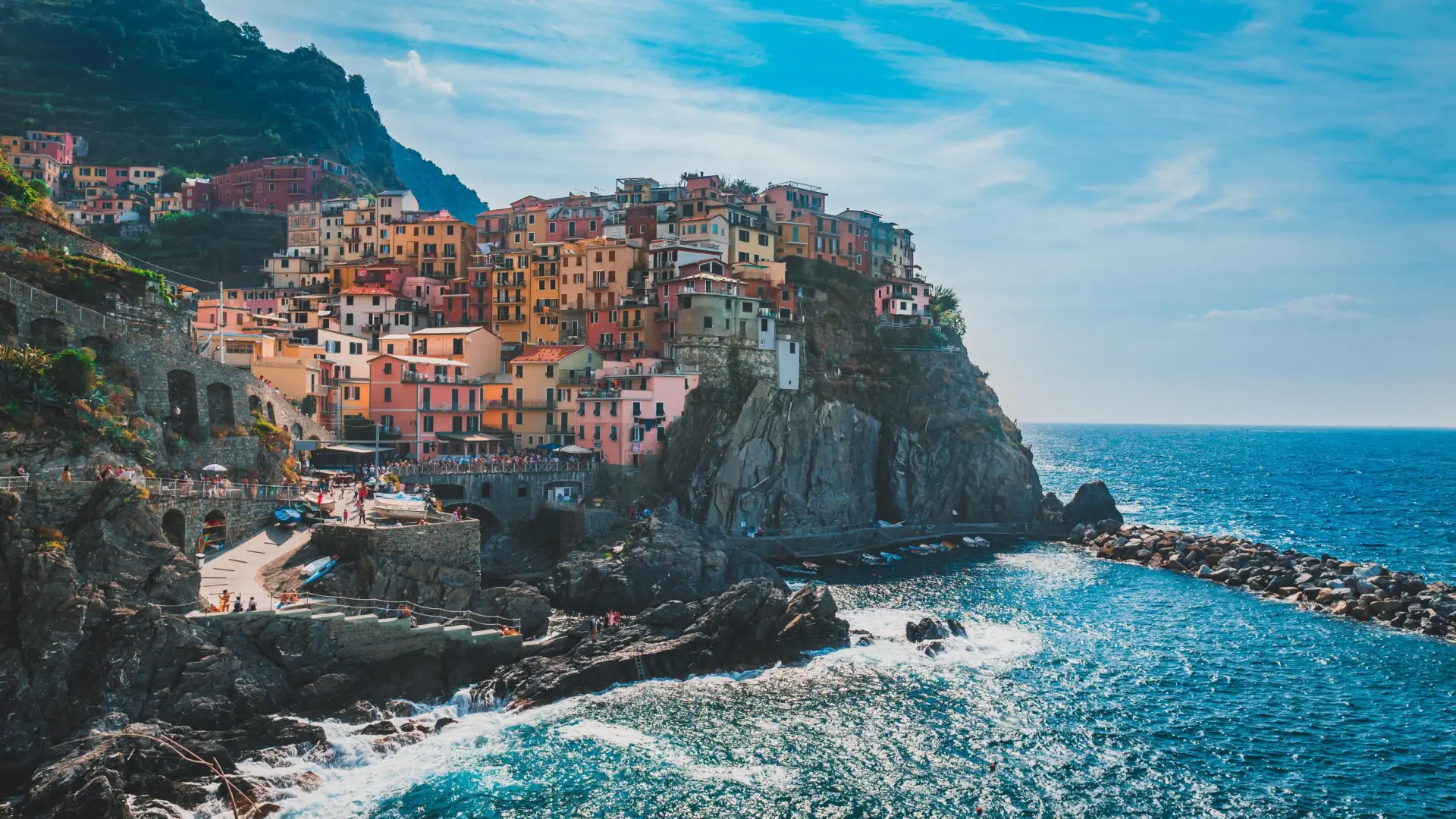Reducing Multi-Hazard Risks in Tourism
As climate extremes intensify across Europe, the tourism sector is increasingly exposed to cascading disruptions that go far beyond traditional crisis scenarios. Floods, heatwaves, volcanic activity, infrastructure failures, supply-chain disruptions and energy shortages can combine to generate wide-ranging economic losses for destinations, tourism businesses and local communities.
The Horizon MYRIAD-EU project, in which HOTREC plays a key role, provides concrete solutions to help destinations move beyond this outdated, single-hazard crisis thinking. A science-based multi-risk framework offers a practical roadmap to design proactive resilience strategies rooted in data, cross-sector collaboration and long-term planning.
Key Findings
The MYRIAD-EU approach highlights the need to:
-
Map interdependencies between tourism and sectors such as transport, agriculture, water, energy and housing.
-
Integrate dynamic, scenario-based modelling instead of static assessments.
-
Capture direct and indirect impacts, from infrastructure damage to supply shortages and reputational losses.
-
Link risk and resilience planning with EU Green Deal and Climate Adaptation objectives.
Policy Recommendations for Tourism Destinations
To strengthen long-term resilience, HOTREC supports the following actions:
-
Mandate multi-hazard risk modelling for major tourism investments.
-
Integrate MYRIAD-EU’s six-step framework within destination master plans, budgets and policy cycles.
-
Enhance public–private cooperation, backed by incentives such as subsidised insurance or tax credits for hazard-resilient infrastructure.
-
Create observatories and dashboards to monitor risks and resilience indicators transparently.
-
Scale successful pilots across Europe, enabling joint learning and coordinated solutions.
A Call to Action
Europe’s tourism industry cannot afford reactive, one-size-fits-all crisis management. We call on policymakers, destination managers and industry partners to support the dissemination and implementation of these recommendations to ensure safer, more resilient tourism ecosystems.
